Do you plan to attend a Tamil wedding? Remember, Tamil weddings are rich in cultural traditions and rituals, each carrying deep significance and symbolism. If rich cultural diversity with its uniqueness intrigues you, you will find joy in reading this blog.

The Tamil Wedding Rituals And The Meanings Behind Them!
So, do you want to learn more about the Tamil wedding rituals? Here are some crucial customs observed in Tamil weddings and their meanings:
Panda Kaal Muhurtham
Panda Kaal Muhurtham is a pre-wedding ritual that marks the beginning of the wedding ceremonies. It involves the bride’s and groom’s families praying separately to Lord Ganesha for blessings and a smooth wedding ceremony. A bamboo or wooden pole plays a significant role in this ritual.
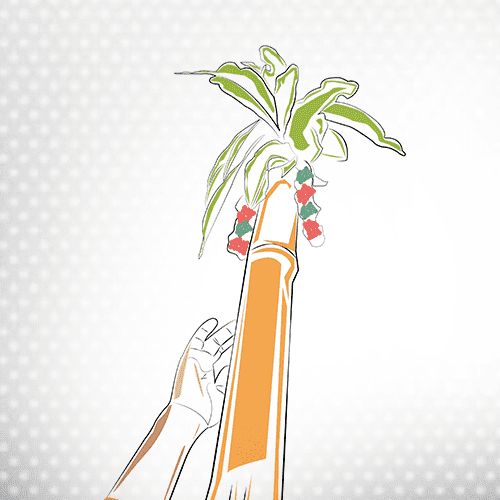
Naandi Shraardham
A traditional South Indian ritual where prayers are offered to ancestors seeking their blessings for the wedding.
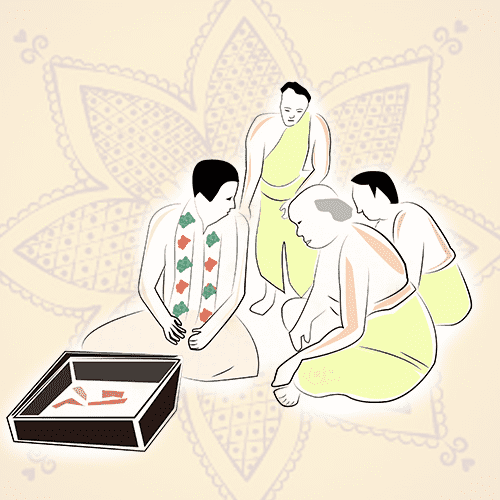
Mangala Snaanam
The bride and groom take a ceremonial bath with turmeric, sandalwood paste, and oils to cleanse and purify themselves before the wedding.
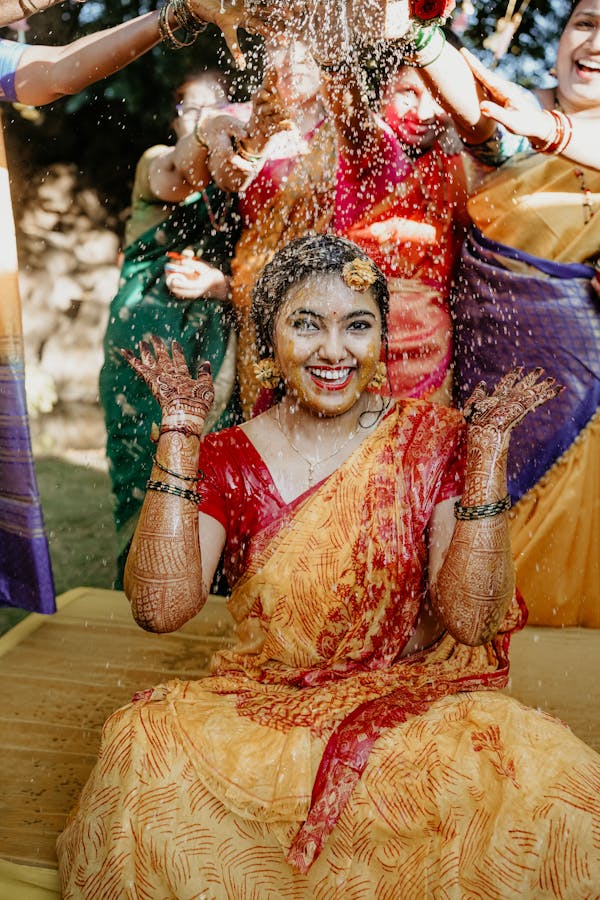
Gauri Pooja
The bride worships Goddess Gauri (Parvati) for marital bliss and harmony.

Kashi Yatra
It is a playful custom where the groom pretends to leave for Kashi (to live as a celibate), and the bride’s brother convinces him to choose married life instead.
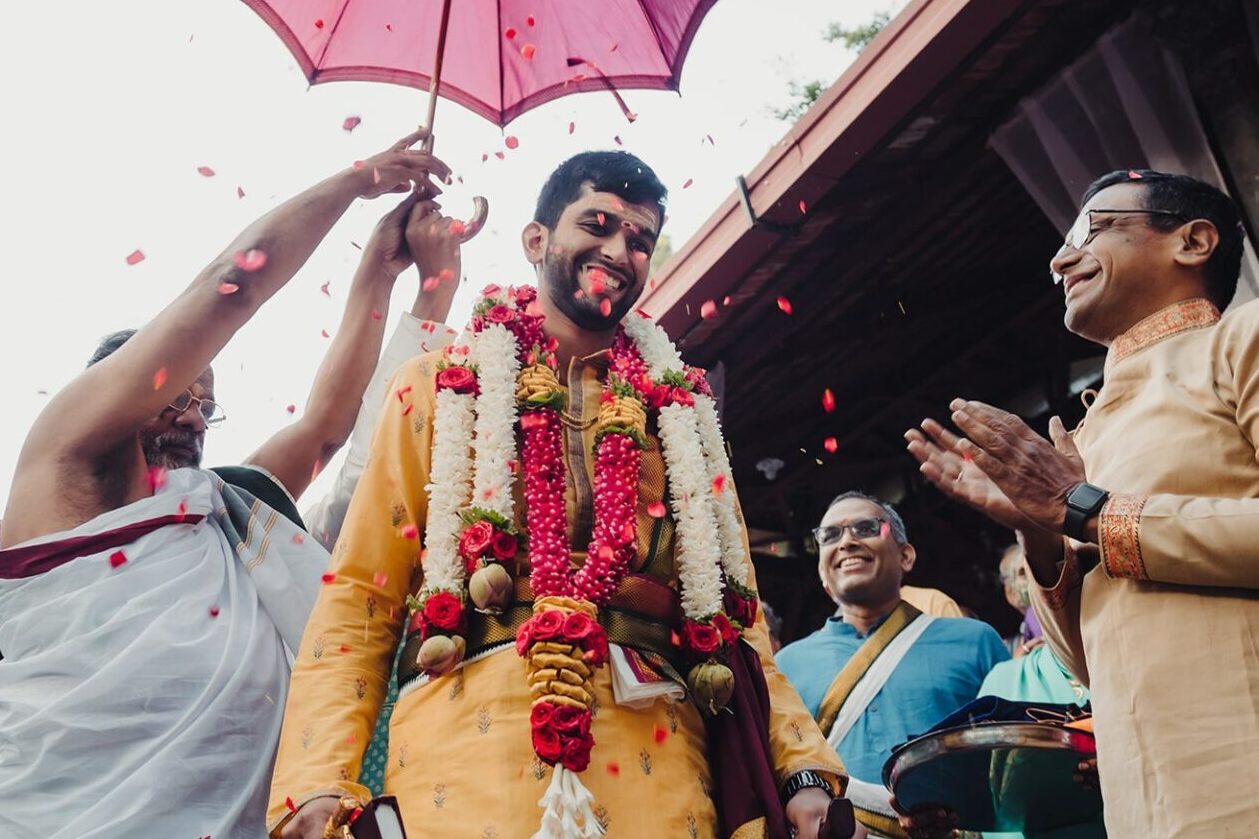
Oonjal
The bride and groom sit on a swing, symbolizing happiness and togetherness in their married life while the family members playfully tease them.

Kanyadaanam
Kanyadanaam is similar to Kanyadan. Thus, you can expect the same philosophy here. The giving away of the bride by her father to the groom symbolizes the father’s trust and confidence in the groom to take care of his daughter.
Sapta-Padhi
Like most Hindu marriage rituals, Tamil weddings are incomplete without the Saptapadi. As you all know, during this ritual, the bride and groom take seven steps around the sacred fire (Agni), each representing a vow to fulfill their responsibilities towards each other and their future family.
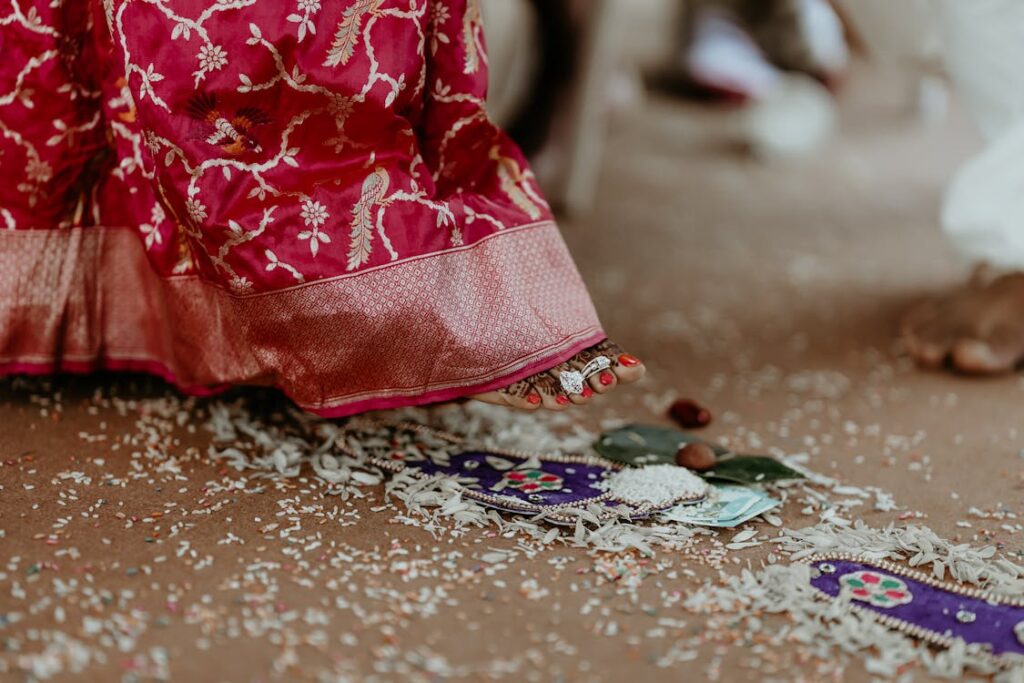
Madhuparka
The bride’s father washes the feet of the groom while offering him a mixture of curd and honey, reflecting their relationship’s sweetness and harmony.
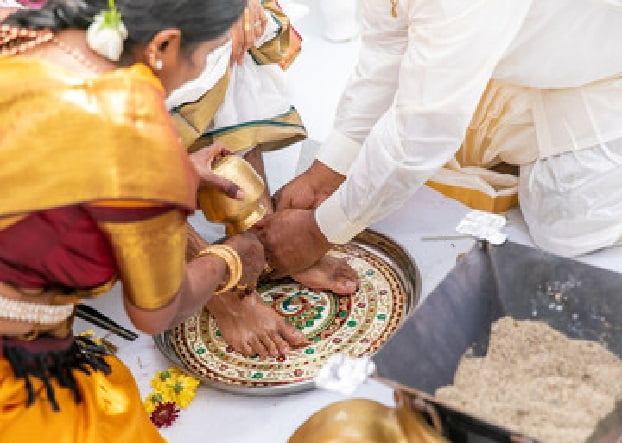
Mangalsutra Dharanam
The groom ties the mangalsutra—two pieces of gold tied to a yellow string—around the bride’s neck. The groom gives three knots, and his sister provides the next two. The ordinary-looking necklace, however, signifies union and commitment.

Pradhaana Homam
So, this is the main “havan,” or offering the couple carries out after the marriage, where they give “ahuthis” to several Vedic gods, including Agni, the fire god, who is believed to be the symbol of purification and all around benefactor. The coup takes twigs of several trees and ghee to make this offering.
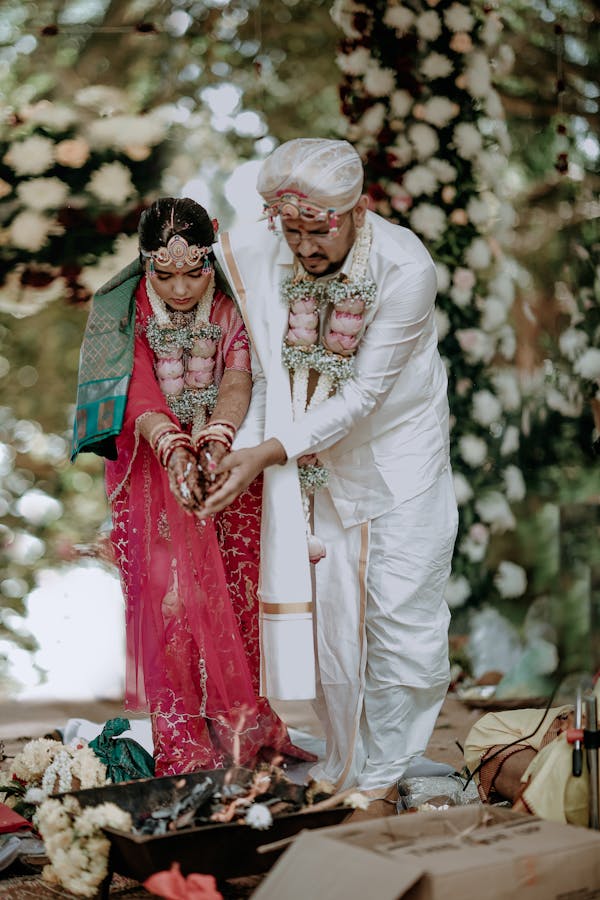
Significance of Tamil Wedding Customs
Do you know each of these customs and rituals in a Tamil wedding reflects the values of family, tradition, and spiritual significance, reinforcing the bond between the couple and their families? Otherwise, why do people follow these age-old rituals? Do you want to know what these rituals signify? Read more to know more:
Prayers and Invocations
Tamil wedding begins with prayers and invocations. Have you ever wondered why? Well, through these invocations, they invoke the presence and blessings of various deities. For example, Lord Ganesha for obstacles removal and Goddess Gauri for marital harmony, ensuring a smooth and auspicious wedding ceremony.
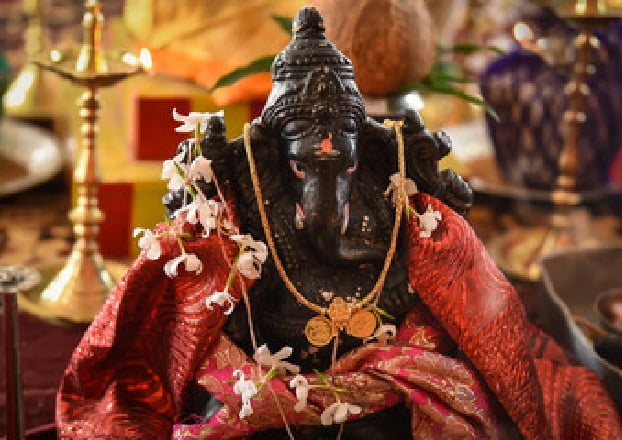
Cleansing and Purification
Rituals like Mangala Snaanam (ceremonial bath) are performed to cleanse and purify the bride and groom physically and spiritually. It signifies the couple’s preparation for their new phase of life, free from impurities and negativity.
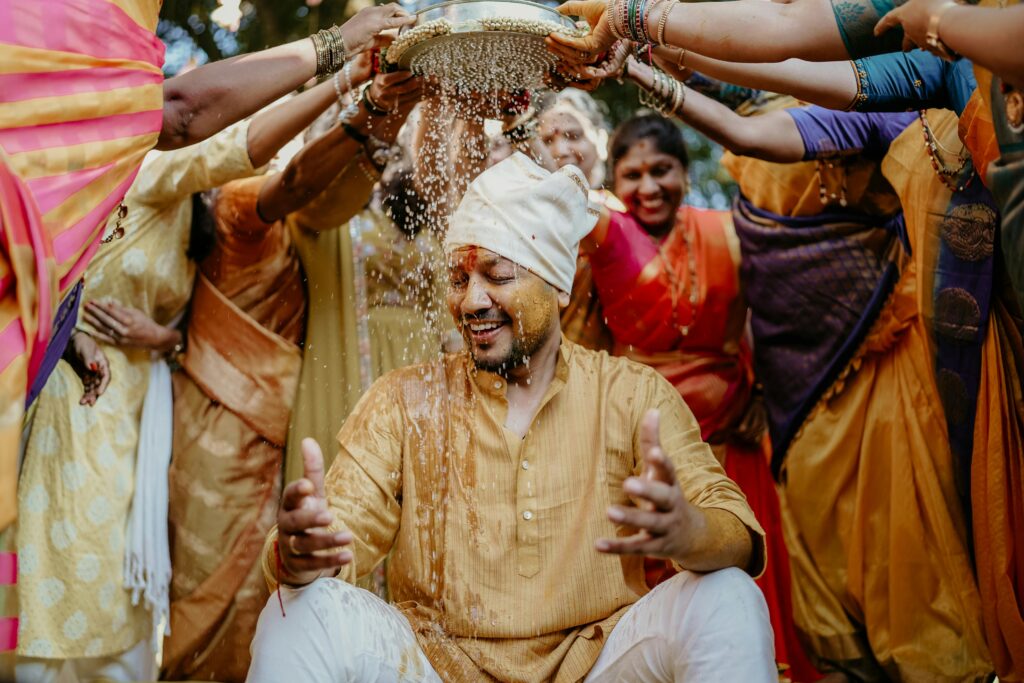
Symbolism of Rituals
Each ritual in a Tamil wedding is steeped in symbolism. For example, the tying of the mangalsutra symbolizes the groom’s commitment to protect and care for the bride. On the other hand, the seven steps taken together (Saptapadi) around the sacred fire (Agni) symbolize their journey through life together, pledging mutual support and understanding.
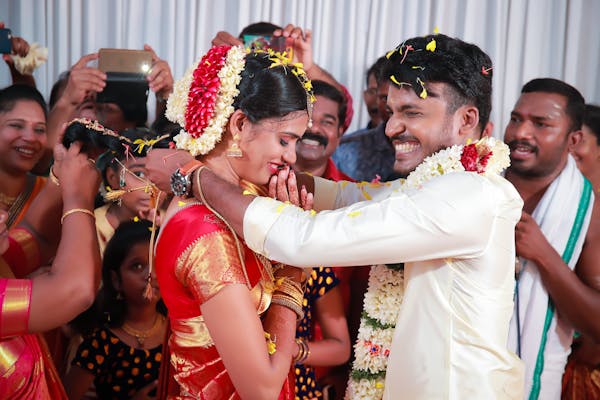
Conclusion
Today, when globalization has created a cultural crisis for many Indians, Tamil wedding rituals help to preserve their culture and heritage. By following these customs, families remember their cultural identity and pass down traditions from one generation to the other. Tamil wedding rituals, thus, create a sacred and auspicious atmosphere, ensuring that the union of two individuals is blessed with harmony, prosperity, and eternal happiness.



